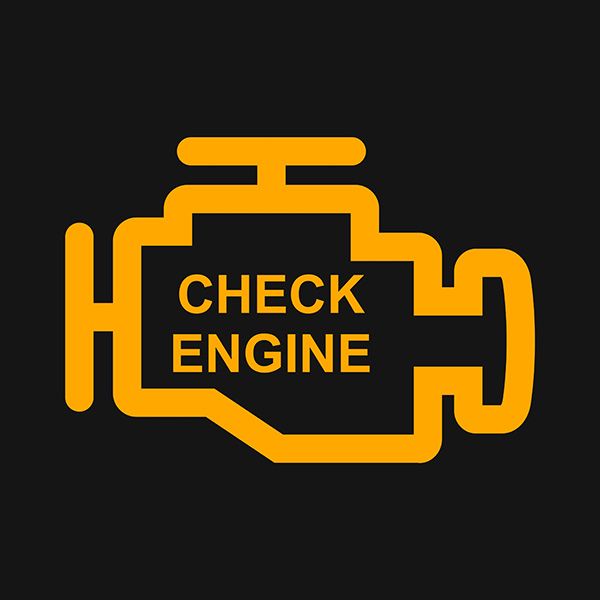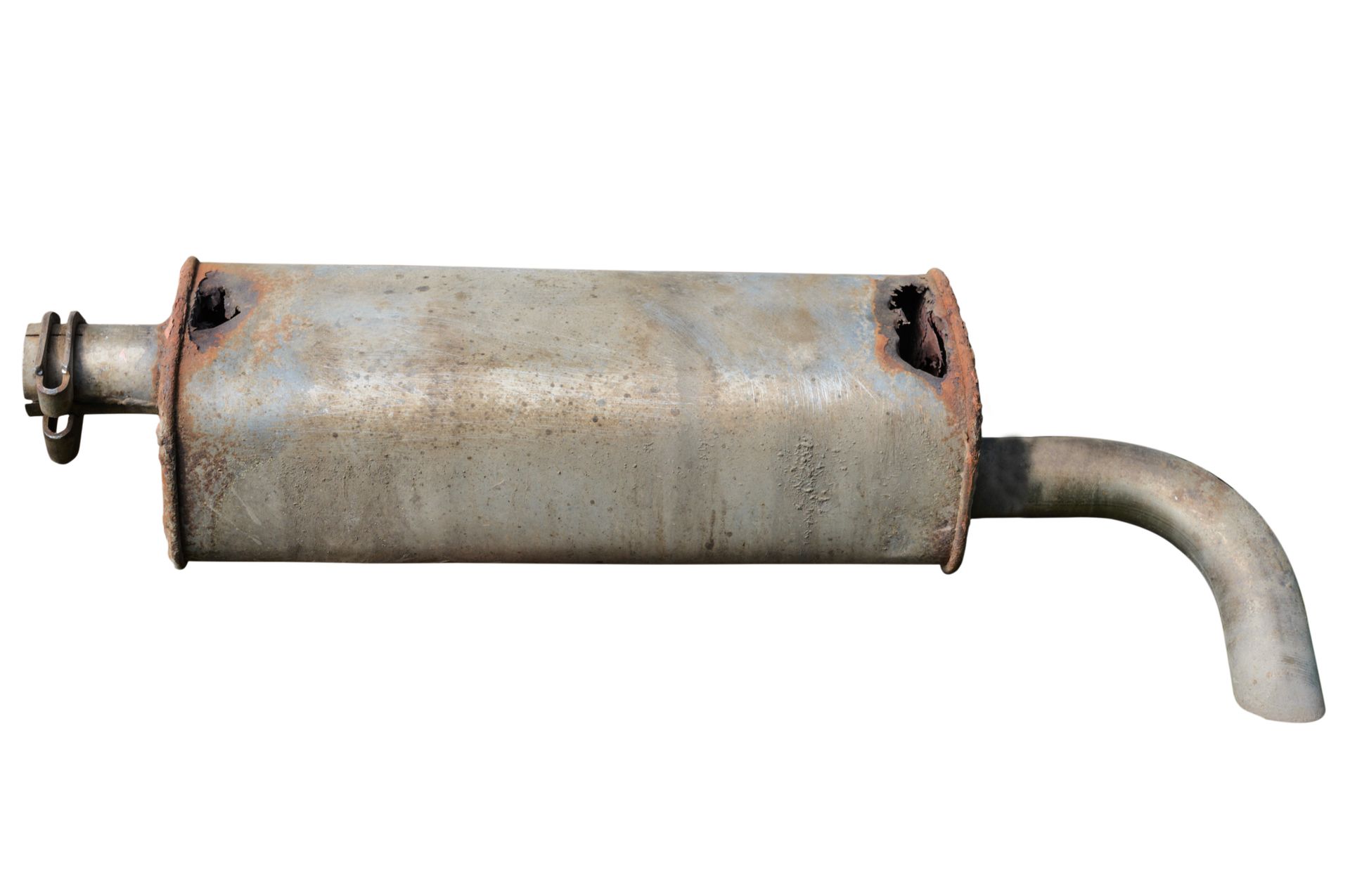
Your vehicle’s timing belt might not be something you think about every day, but it keeps your engine running smoothly. If it fails, it can lead to severe engine damage and costly repairs. So how often should you replace your timing belt, and what signs suggest it’s time?
Let’s break it down and help you stay ahead of one of the most important maintenance tasks your engine will ever need.
What the Timing Belt Does
The timing belt is a rubber belt that synchronizes the rotation of your engine’s crankshaft and camshaft. This ensures that the engine’s valves open and close at the right time during each cylinder’s intake and exhaust strokes. Essentially, it keeps your engine’s internal parts working in harmony.
If the belt slips, stretches, or breaks, your engine’s timing becomes erratic, and that can result in anything from rough idling to a completely non-functional engine.
How to Tell if the Timing Belt Needs Replacement
Unlike brake pads or tires, timing belts usually don’t show obvious symptoms before failing. In many cases, the first sign is complete engine failure. That’s why proactive replacement based on your vehicle’s maintenance schedule is key.
However, here are a few possible warning signs to look out for:
- Engine misfires or rough running.
- A ticking noise from the engine.
- Oil leaks near the timing belt cover.
- Difficulty starting the engine.
These signs can be linked to other issues as well, so it’s always best to have a technician inspect your engine if anything seems off.
When to Replace the Timing Belt
Most vehicles need a timing belt replacement somewhere between 60,000 and 100,000 miles. The exact interval depends on your make and model, so checking your owner’s manual or asking your technician is the best place to start.
Some modern vehicles use timing chains instead of belts. These typically last longer but can still wear out or fail. It’s important to know which one your engine uses and follow service recommendations accordingly.
Why Delaying Replacement Is So Risky
The biggest danger of a worn or broken timing belt is internal engine damage. Many engines are “interference engines,” meaning that if the timing belt breaks, the pistons and valves can collide. This often results in bent valves, damaged pistons, and a repair bill that may exceed the vehicle's value.
That’s why timing belt replacement is considered preventive maintenance. Replacing it on time protects your engine from catastrophic damage and helps avoid sudden breakdowns.
Replacing More Than Just the Belt
When replacing your timing belt, it’s usually smart to replace related components at the same time. This includes:
- Water pump: Often driven by the same belt, and easy to access during the job.
- Tensioners and pulleys: These guide the belt and keep proper tension.
- Seals: Replacing worn seals helps prevent future oil leaks.
Bundling these replacements during one service visit reduces labor costs and ensures everything works together as designed.
How Much Does a Timing Belt Replacement Cost
While it’s not a cheap repair, it’s far less expensive than dealing with engine damage. The cost varies by vehicle but often ranges from $500 to $1,000 depending on parts, labor, and any additional components replaced at the same time.
Delaying it could lead to repair costs several times higher, especially if valves or pistons are damaged. So while it might feel like a large upfront expense, it’s an investment in your vehicle’s long-term reliability.
The Importance of Professional Timing Belt Service
Timing belt replacement is not a DIY task for most car owners. It requires precision, specialized tools, and experience. An incorrectly installed belt can lead to poor performance or immediate failure.
A qualified technician ensures proper alignment and tension, as well as a thorough inspection of surrounding parts. You’ll leave the shop knowing your engine is protected and running as it should.
Trust Torque Automotive in Raleigh, NC
At Torque Automotive in Raleigh, NC, we help drivers stay on top of vital engine maintenance like timing belt replacement. Our experienced team can inspect your service intervals, check your engine components, and recommend the optimal time for a belt replacement.
If you're unsure whether your vehicle is due, we’ll help you figure it out. Let us protect your engine and your wallet with professional, timely service you can count on. Schedule your timing belt inspection today and keep your car running reliably for the miles ahead.











